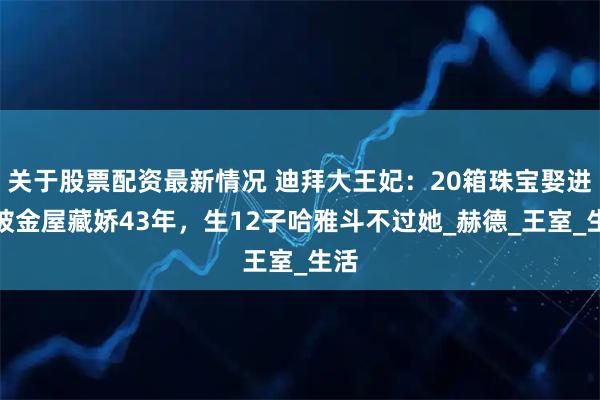
On July 31st, Russia launched an unprecedented large-scale air raid on the Ukrainian capital按天配资交易, Kyiv, deploying up to 309 drones and 8 missiles. This attack resulted in at least 18 deaths, including a 6-year-old child, and left 159 others injured.
Ukrainian anti-aircraft systems claimed to have intercepted 288 drones and 3 missiles, yet some attacks breached the defenses, causing multiple areas of the capital to erupt in flames. This assault not only marked an unprecedented scale but also showcased Russia's significant advancement in drone attack capabilities.
In 2024, Russia's drone production was 2.5 times that of 2023, with long-range drone production increasing fivefold in less than a year. Putin had previously announced Russia's ambition to lead global drone technology by 2030.
展开剩余86%This attack occurred against the backdrop of U.S. President Trump issuing a final ultimatum to Russia for a ceasefire. Initially giving Putin 50 days to reach a ceasefire agreement, Trump recently shortened the deadline to 10 to 12 days, threatening severe sanctions against Russia and its trading partners if attacks on Ukraine do not cease. Putin, however, appeared undeterred and escalated the intensity of strikes against Ukraine.
On the eastern front, after over 500 days of fierce combat, Russian forces finally captured the strategic city of Kherson. The fall of this city holds significant strategic importance, serving not only as a crucial high ground controlled by Russian forces but also opening up access to the last two major strongholds of Donetsk and Sloviansk in eastern Ukraine.
In early April 2024, Russian forces launched their first direct attack on Kherson. Following prolonged and bloody urban warfare, Russian troops gradually gained control over most areas of the city. The Ukrainian army's supreme commander publicly denied Russian claims of capturing the city, asserting that Ukrainian forces still held parts of the area.
According to Ukrainian monitoring, by the end of July, Russian forces had control over most of Kherson, with Ukrainian troops maintaining only limited positions in the south and west.
Apart from Kherson, Ukrainian forces faced pressure on multiple fronts. In Poltava, known as the \"Red Army City,\" the situation was particularly dire for Ukrainian forces. Reports on July 31st indicated that Russian troops had entered the city center of Poltava, putting the Ukrainian defense system at risk.
Analysts reported that Russian infiltration units used mines and underground tunnels to suddenly appear behind Ukrainian defenses, a tactic previously seen in battles like Avdiivka and Kursk. Poltava, as a key logistical hub for Ukrainian forces in the east, holds significant strategic importance.
President Zelensky acknowledged intense fighting facing Ukrainian forces in the Poltava direction. Reports indicated that Russian troops had seized several villages around Poltava, including those in the east and northeast. Before the conflict, Poltava's population was about 60,000, with most residents now evacuated, leaving less than 1,500 behind.
Amid this critical situation, some decisions by Ukrainian Chief of Staff Serhii Svershkovsky sparked controversy. Despite the imminent danger to Poltava, Svershkovsky mobilized significant forces to launch a full-scale counterattack against Russian forces on the Sumy front, particularly dispatching the 225th Assault Brigade to challenge Olexiyivka in Sumy Oblast.
Svershkovsky, born in a small village in the Vladimir region of Russia, received education at the Moscow Higher Combined Arms Command School. Although he chose to stay in Ukraine and join the Ukrainian army after the dissolution of the Soviet Union, his family still resides in Russia.
Reports indicated that Svershkovsky recently spent 1 million rubles to have his father treated in Moscow, a move that sparked criticism from some Ukrainian political figures. Despite dissatisfaction expressed multiple times by Verkhovna Rada deputies, including those known as the \"Iron Lady,\" Zelensky currently maintains trust in Svershkovsky.
In February 2024, Svershkovsky succeeded General Zaluzhnyi as Chief of the Armed Forces of Ukraine. His military decision-making style has been controversial, with some Ukrainian soldiers dubbing him the \"Meat General,\" suggesting he does not value soldier lives enough.
With the fall of Kherson and the beginning of the decisive battle in Donetsk, the conflict between Russia and Ukraine has entered a new phase. The Russian military's advancement on multiple fronts and the massive air raid on Kyiv demonstrate Moscow's increasing military pressure.
Faced with this situation, Ukraine requires more effective strategic responses and steadfast international support. Nevertheless, resolving the conflict peacefully and minimizing civilian casualties remains the common expectation of the international community.
Source: Beijing Evening News按天配资交易
发布于:天津市天臣配资提示:文章来自网络,不代表本站观点。



